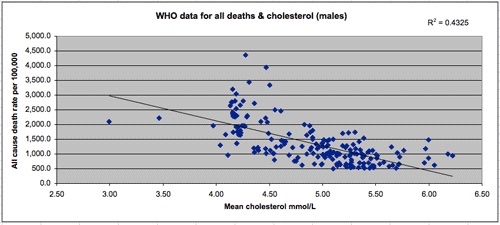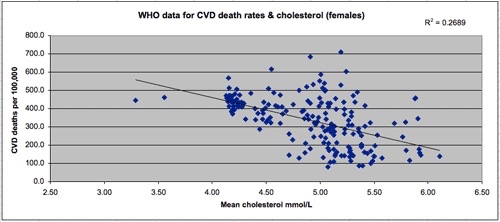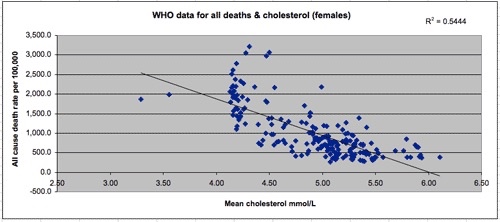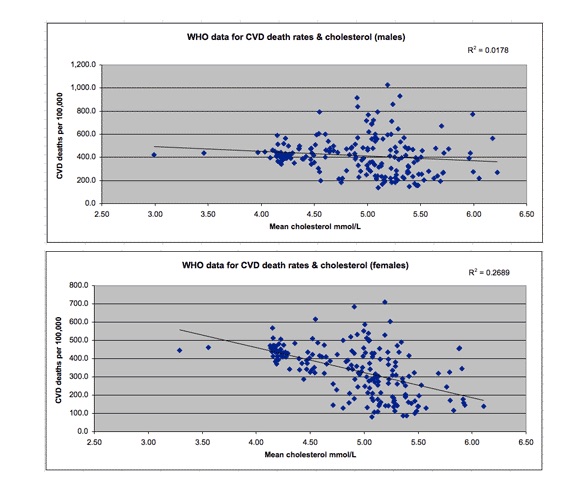I know I can just say I don’t want to take them, end of story. But I also would like to have a valid reason to stop so I don’t look like someone who is going against medical advice just to follow a trend. The reason I think I’d like to stop taking them is after a full year of Keto I feel like I’m healthier than I’ve ever been. I’m no longer diabetic, at my ideal weight, and have no medical issues. I’d like to hear the experiences of others who went off statins and what it did to their cholesterol. I’ve heard that I shouldn’t worry about high cholesterol, but I guess I’m still nervous that if I go off statins it will skyrocket. I take 10mg of Atorvastatin and this is here my labs were 6 months ago after 6 months on Keto:
Total Cholesterol - 213
Triglycerides - 62
Cholesterol HDL Ratio - 2.7
HDL Cholesterol - 79
Non HDL Cholesterol - 134
LDL (calculated) - 122
VLDL Calculated - 12





 (That “favour”, instead of “favor”. I personally LIKE the British spelling better, as it makes more sense.)
(That “favour”, instead of “favor”. I personally LIKE the British spelling better, as it makes more sense.)